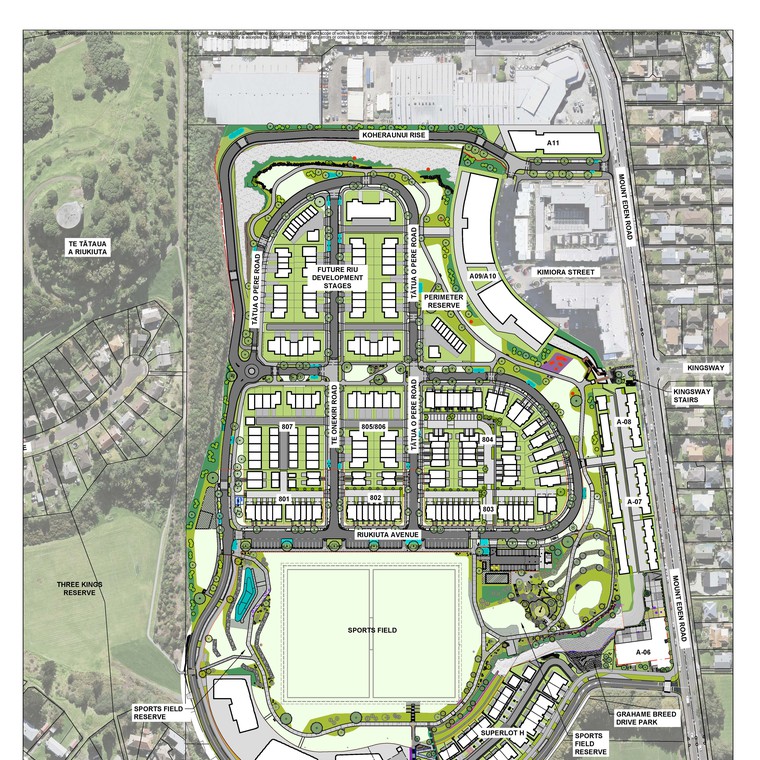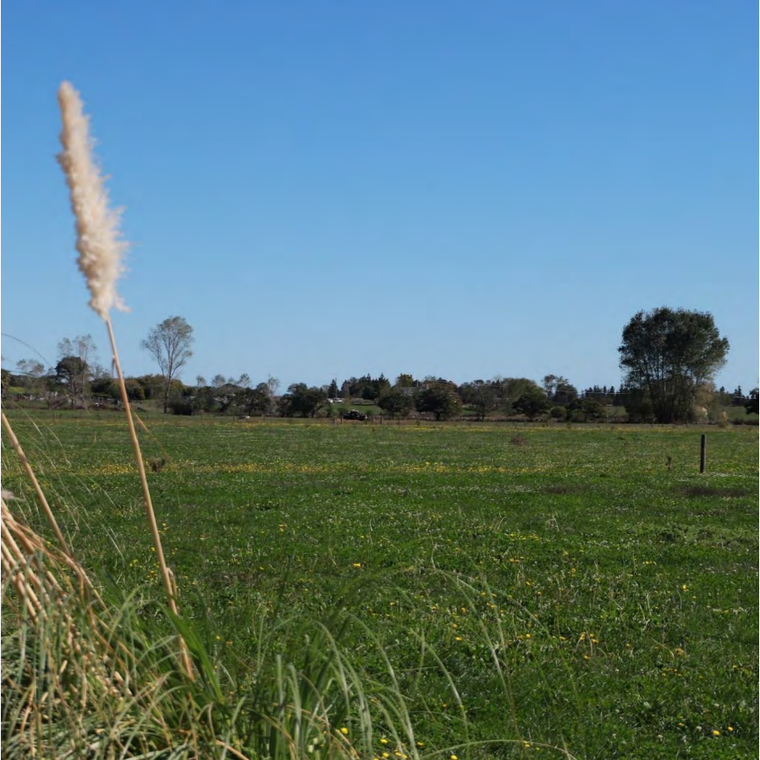RMA REFORMS OUT OF STEP WITH DECISION MAKING BEST PRACTICE
Thu April 13th 2017
Berry Simons partners attended the International Symposium on Environmental Adjudication in the 21st Century.
On 11 April 2017, the Berry Simons partners attended the International Symposium on Environmental Adjudication in the 21st Century, held at the Pullman Hotel in Auckland.
The symposium was organised by Principal Environment Judge Laurie Newhook and Associate Professor Ceri Warnock of Otago University. The one day gathering brought together senior specialist judges and professors from all over the world who, alongside all members of New Zealand’s Environment Court and invited senior resource management practitioners, considered and discussed issues relevant to the jurisdiction and adjudication of Environment Courts and Tribunals, or “ECTs”.
After a powhiri and brief opening address by Judge Newhook, the symposium was welcomed by the President of New Zealand’s Court of Appeal, Justice Stephen Kós. This was followed by the presentation of eleven papers by specialist judges or professors, including:
- Lord Carnwath of the UK Supreme Court who spoke of the UK experience.
- Brian Preston SC, Chief Justice of the New South Wales Land and Environment Court in relation to the role of ECTs to ensure equal access to justice for all.
- Michael Rackemann, a judge of the Queensland Planning and Environment Court in relation to the challenge of impartial objectivity.
- Emeritus Professor Ben Boer on the environmental rule of law.
- Professor Tracy Hester from Texas in relation to environmental statutory interpretation.
- Justice Rafael Asenjo from Chile, Justice Okong’o from Kenya and Associate Justice Wilson from Hawai’i, all of whom addressed recently established ECTs in their jurisdictions.
The final presentation was by Judges Newhook and Kirkpatrick of the Environment Court who addressed issues relevant to access to justice in that court.
The papers were fascinating and clearly demonstrated:
- The increasing prevalence of specialist ECTs throughout the world;
- The importance of ensuring full participation in environmental decision-making and maintaining access to environmental justice;
- That efficiency and prompt case resolution can go hand-in-hand with access to justice and, indeed, enhance it; and
- The need for processes that ensure high quality decision-making given the nature and value of the issues that ECTs are required to adjudicate upon.
The speakers’ comments also made clear that New Zealand’s Environment Court is regarded very highly internationally; the calibre of the speakers, who attended at their own cost, showed that Principal Environment Judge Newhook is held in very high esteem amongst judges and academics worldwide.
The increasing prevalence of ECTs internationally and the high standing of New Zealand’s Environment Court makes it somewhat ironic that the symposium was held here only five days after Resource Legislation Amendment Bill (RLAB) was enacted, thus continuing the Government’s push to reduce rights of public participation and the increasing side-lining of our own specialist court in favour of ad hoc boards of inquiry or specially appointed tribunals, which often do not contain tenured specialist judges. It was pointed out at the symposium that the imposition of time frames for planning or consent processes with no reference to the magnitude of the task – focussing on achieving an outcome rather than the quality of the product - can put quality decision-making at risk and compromise the ability for parties to fully participate.
“A key insight that I gained from the symposium was that the current trend towards ad hocery in New Zealand environmental decision-making is completely contrary to international trends in terms of environmental adjudication. Other countries are setting up and resourcing ECTs; we are increasingly seeking to avoid our own specialist court. The ongoing erosion of public participation and access to environmental justice and consequent impact on the quality of environmental decision making – most recently as a result of the RLAB - is alarming and unacceptable in a developed Western jurisdiction. As the country that lead the world in enacting the RMA, it is frankly embarrassing that recent amendments to the Act have introduced changes that are so out of step with international best practice in relation to environmental adjudication, ” says partner Simon Berry.
Partner Sue Simons agrees. “A recurring theme throughout the day was that public participation and access to justice was essential for good decision-making. Justice Kós told the audience that “inequality of arms”, meaning the exclusion of opposition to a proposal or placing opponents at a relative weakness , makes for poor decision-making and resentment. For that reason, the principle of public participation is inherent in the Environmental Rule of Law. This resonated with me because the recent passing of the RLAB is regressive in that regard, reducing and limiting access to environmental justice for New Zealanders,” says Sue.
And Berry Simons also considers that there is a strong risk that this reduction in the quality of environmental decision-making cannot be justified by reference to any claimed benefits of the RLAB given that both the legislation and the assumptions upon which it is based are fundamentally flawed.
“The flaws in both the analysis underpinning the RLAB and the legislation itself were noted in our August 2016 RMJ article, and throughout the Select Committee process and Parliamentary debates. The RLAB will probably be about as effective as the failed attempt to improve matters via the laughably named Simplifying and Streamlining Amendment Act in 2009; that is because it is not the RMA but rather inept implementation of it that is the problem – the 2009 and 2013 amendments only made matters worse and so will the RLAB. But once again, the RMA itself will undoubtedly cop the blame – likely setting the scene for further ad hoc, confusing amendments. Here we go again,” says Berry.
News & Updates

Major development contributions objection upheld
A Development Contributions Commissioner upheld Fletcher Residential's objection to Auckland Council's assessment of DCs.
Wed April 17th 2024

Largest yet solar farm approved by expert panel
Sue Simons chaired an Expert Panel which granted consents for the project in the North Waikato region.
Fri Feb. 9th 2024

Berry Simons celebrates another digital billboard victory
Berry Simons' Digital Billboard Team has another victory over Waka Kotahi - this time in Rotorua.
Fri Oct. 20th 2023

Sue Simons co-presents "Public Works Intensive" webinar
Sue Simons and Matthew Casey KC presented a webinar, hosted by the Auckland District Law Society, in August 2023.
Fri Aug. 11th 2023

